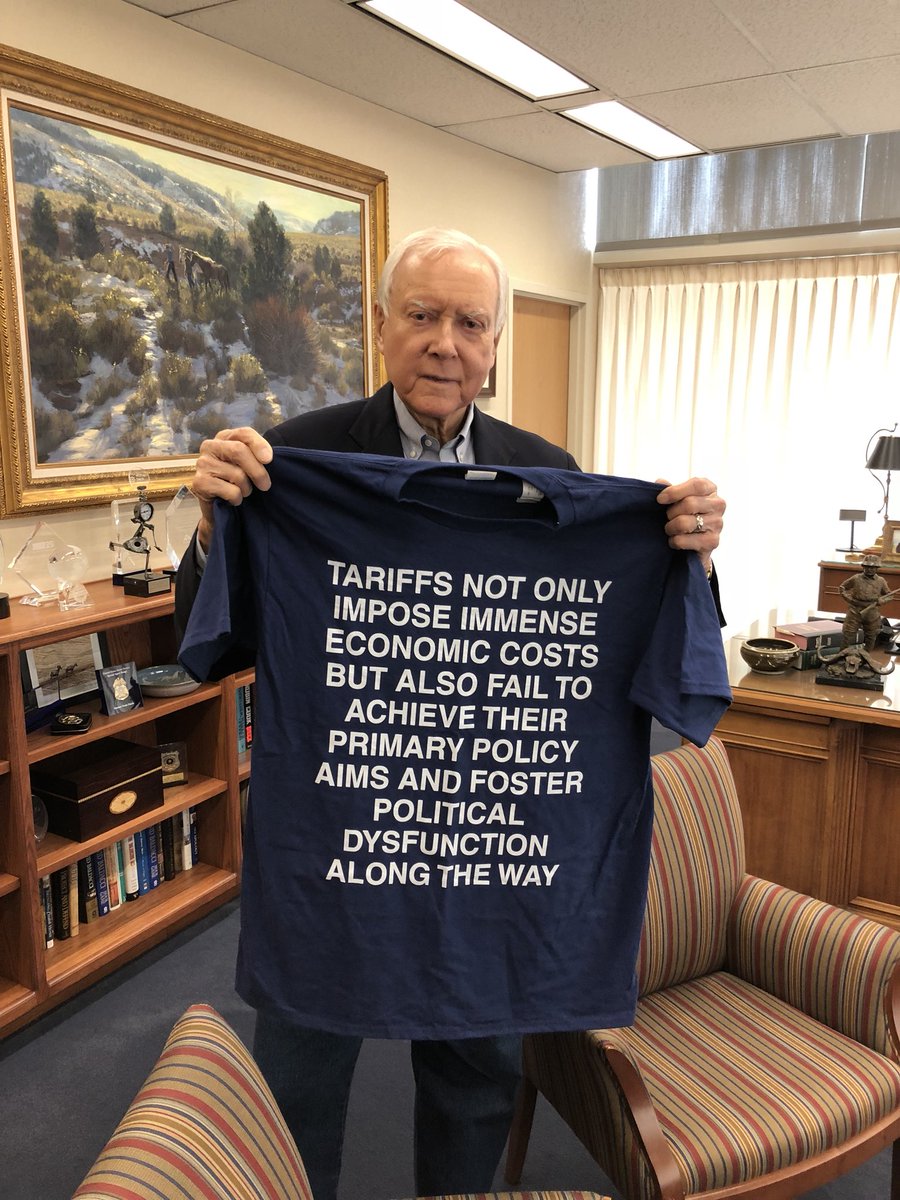amazon.com/Third-Wheel-Pe…
It was something sacred.
Let the memories settle.
Next title.
amazon.com/Bound-Earth-An…
en.wikipedia.org/wiki/Sturgeon%…
People find something they don't like and they dismiss everything and then feel very clever and superior for never having read Mel or Angela.
Drives me crazy.
Mormons are pioneering again.
It's so good.
The Christmas Special from the Chilling Adventures of Sabrina is calling to her and I don't want to miss out.
But I will continue this another time with more recommendations.
But hey, people who live in glass houses shouldn't throw stones.
I'm not ready to put that in the closet forever.
"I cannot, for I am a member of the Church of Jesus Christ of Latter-day Saints" would not have worked for me.
gregkofford.com/collections/sc…
gregkofford.com/collections/sc…
Some people may not be inclined to do so. Enid does not seem capable.
She's going to walk this narrow path through the air.
Is she trying to guard herself? Is she trying to guard them?
With the snarky Egyptian mummy who waited for Osiris until he wound up in Kirtland.
Scott never calls it out. Never lets you feel like a lesson is descending. But charity and grace rise like a tide and carry Enid and you.
The technique is really interesting, too. I don't know anyone else in Mormon comics who's played with frame lines in quite the way Scott sometimes does.
People who didn't check the about tab on the page used to write her emails, offer encouragement, a listening ear. She felt that real.
amazon.com/Short-Stay-Hel…
It's mindbending and terrifying and I love it.
amazon.com/Wandering-Real…
Start wherever you feel like in the middle.
It's about a distributed artificial intelligence who wants to be baptized but doesn't have a body.
As the sages say about the Talmud, "turn it and turn it for everything is in it."
When suits itch and bind, Steve and Scott give us blue jeans. Religion you can put on, wear to a movie.
It's also religion you can count on when you feel like you're walking a tightrope.
That can be exhilarating. That can be exhausting.
Recap: Third Wheel, Bound on Earth, Folk of the Fringe, The Garden of Enid, Wandering Realities.
Whether it's the Church fostering talent or hiring talent, it's interesting to think about.
Grateful for the friendliness to creative work in my community.
Maybe that's because they're more visible so it's easier to compare. Maybe it's also because Mormonism feels older than it is?
amazon.com/Estampas-del-L…
It's like that for Book of Mormon prophets.
amazon.com/Loving-Vigil-K…
Not Carla Kelly. If you want a sense of what Mormon Utah was like in 1900, this is a great introduction.
Seeing fellow Saints worship in a different way and recognizing that can be just fine is a reminder we need. This book provides it as texture.
Parenting is scary, guys! ;)
amazon.com/Messages-Water…
Great stuff.
amazon.com/My-Parents-Mar…
My first finished Mormon play was a telling of a story he tells in the collection's standout piece, "The Uses of Adversity."
amazon.com/Slumming-Krist…
Two different people have told me they had a hard time getting into it at the beginning because you're in the point of view of a character who clearly needs her point of view widened.
Religion is good only if we tend it. Imagination can be help weed out the self-importance and rigidity that so easily creep in when you're trying to be righteous.
My experience is that many of those books are not manuals, but parables. Experiments in thought and feeling that challenge us our own limited frameworks to grow, evolve, improve.
amazon.com/James-Goldberg…
There's a whole section about the Provo War, fought between early settlers in Utah Valley and the local Ute band. Hard history I tried to digest.
I don't know what to tell you about it. It's still so recent.
It's about being burned down and rising from the ashes. It's about cancer and our country and my ward and the beauty of subtle virtues and also the apocalypse.
amazon.com/Best-Mormonism…
amazon.com/Out-Mount-New-…
mormonartist.net/pdf/issueC1/is…
sunstonemagazine.com/remember-the-r…
sunstonemagazine.com/singer-and-sai…
Guess I'll have to make due with all three.
Love to you, my brothers/sisters/comrades, who strive to do the same.


